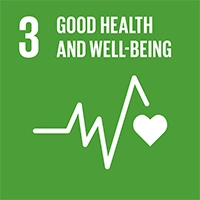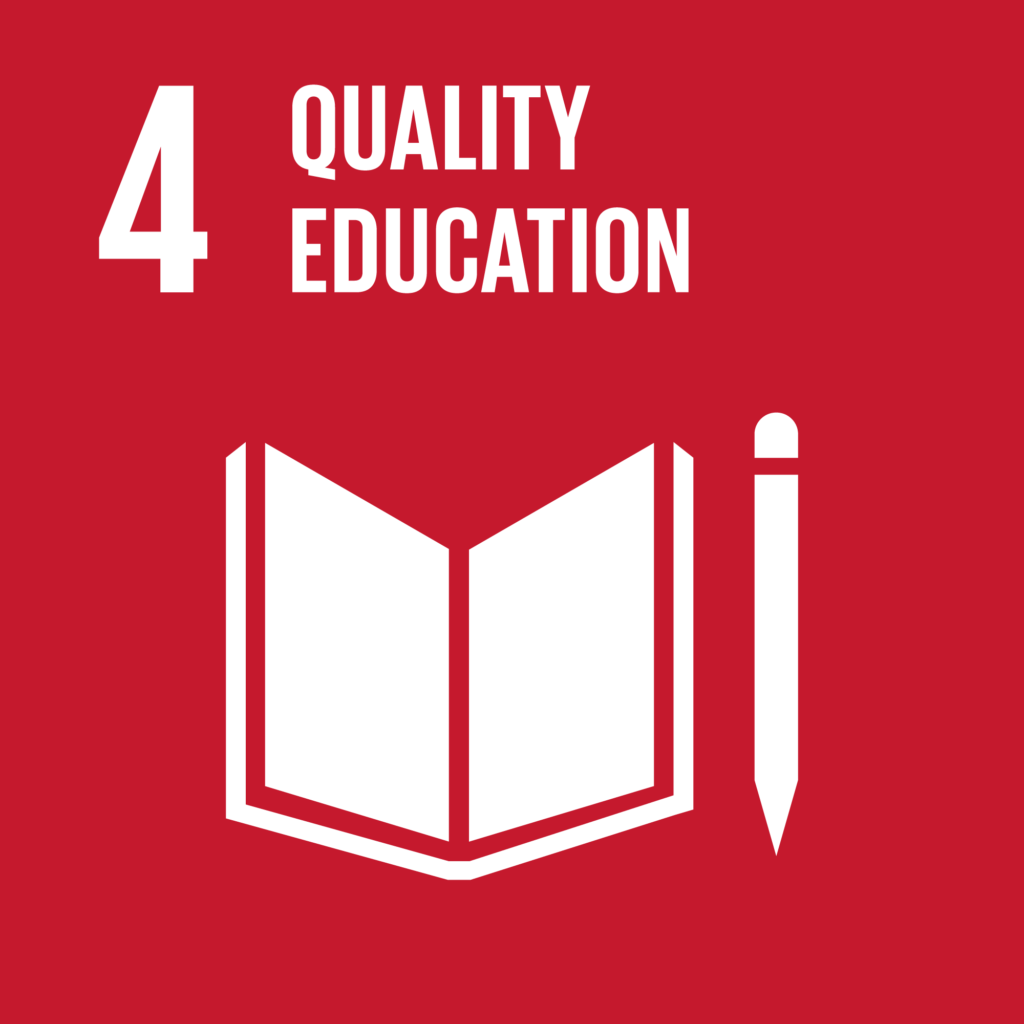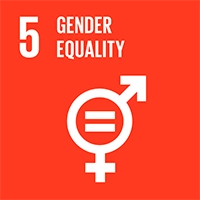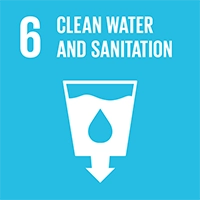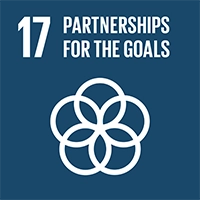No Poverty

People living with blindness and visual impairment are often less likely to be able to engage in paid work, and therefore are more likely to live below the poverty line. Every year, poor vision costs the global economy $272 billion in lost productivity.
Our model of Hospital-Based Community Eye Health empowers beneficiaries to take ownership of their health care needs and strengthens the capacity of our local partners by equipping them with the knowledge, equipment and supplies they need to be successful. Globally, at least 2.2 billion people suffer from vision impairment or blindness, of whom at least 1 billion have a vision impairment that is preventable. We strive to reduce poverty in the countries we work in by providing quality eye health care to everyone who needs it, regardless of their ability to pay. When low income residents of developing countries have poor vision, they lose education and employment opportunities. If these vision problems go untreated, people are unable to support themselves and their families, and become stuck in the cycle of poverty. To address this, Operation Eyesight works to ensure that families have access to basic necessities, such as clean water and quality health care.
Additionally, Operation Eyesight hires and trains community health workers directly from the villages they serve. This provides alternative employment opportunities for community members who usually work within the home or in the agriculture sector and is especially beneficial for women.

